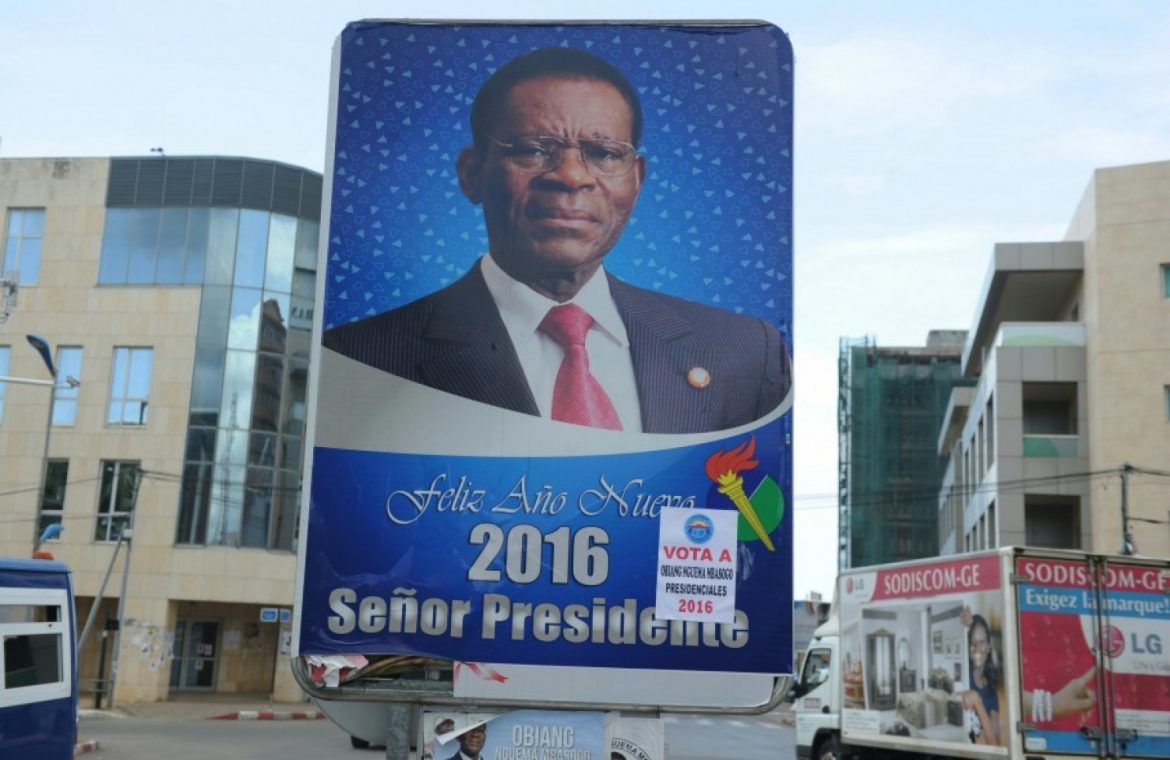Until this year, Teodoro Obiang Nguema had never won less than
97 percent of the vote in an election. Perhaps the immense
international scorn he has faced in recent years caused him to loosen
his grip a bit, because he won only 93.7 percent when reelected to
his sixth term as leader of Equatorial Guinea this year. He is the
world’s longest-serving president, having ruled for almost 37 years.
According to local television stations, he has further consolidated
his power by promoting his son, Teodoro “Teodorín” Obiang Mangue,
from “second vice president” to simply vice president. Power has been
in the family for Equatorial Guinea’s entire existence as an
independent country. The current president toppled his uncle in a
violent coup in 1979, before sentencing him to death by firing squad.
Since then, he has consolidated his grip over the country’s
industries and is accused of diverting tax money into his personal
accounts. The apple hasn’t fallen far from the tree. In 2014, U.S.
authorities forced Teodorín to relinquish his $30 million home in
Malibu, Calif.; a Gulfstream jet; a Ferrari; and dozens of pieces of
Michael Jackson memorabilia worth more than $1 million, all bought
with money funneled through offshore bank accounts. Court documents
reviewed by the Justice Department showed that Teodorín received an
official salary of less than $100,000 but amassed more than $300
million in assets through corruption and money laundering.
“Through relentless embezzlement and extortion, Vice President Nguema
Obiang shamelessly looted his government and shook down businesses in
his country to support his lavish lifestyle, while many of his fellow
citizens lived in extreme poverty,” Assistant Attorney General Leslie
R. Caldwell said at the time. The problem of dynastic
authoritarianism is shared by Equatorial Guinea’s slightly larger
neighbor Gabon, which also relies heavily on the oil and gas
industry. Omar Bongo ruled Gabon from independence until 2009 — 42
years — and his son Ali is now president. Bongo enjoys close enough
ties to the United States that he and his wife sat next to President
Obama and the first lady at a state dinner in 2014. Gabon even held a
seat on the U.N. Security Council in 2010 and 2011. Across Africa,
leaders have historically resisted term limits and are often accused
of doing so to continue lining their pockets. To try to counter that
trend, a wealthy Sudanese businessman named Mohamed “Mo” Ibrahim
announced a $5 million annual cash prize in 2007 to be given to
African leaders who step down in the interest of promoting democracy.
In nine years, it has been awarded four times, not counting a prize
ceremonially given to Nelson Mandela. The prize went unawarded this
year. No African leader met Ibrahim’s “very high bar” for
“exceptional leadership.”
Washignton Post



